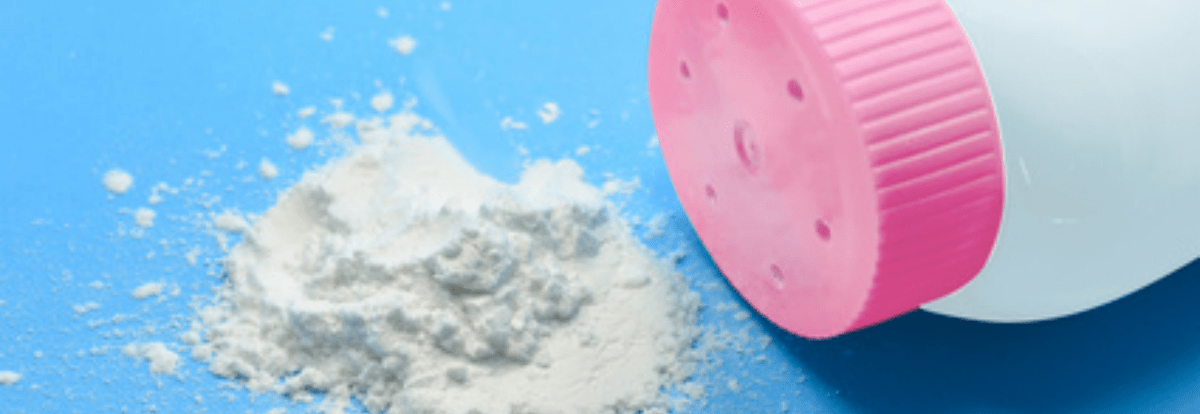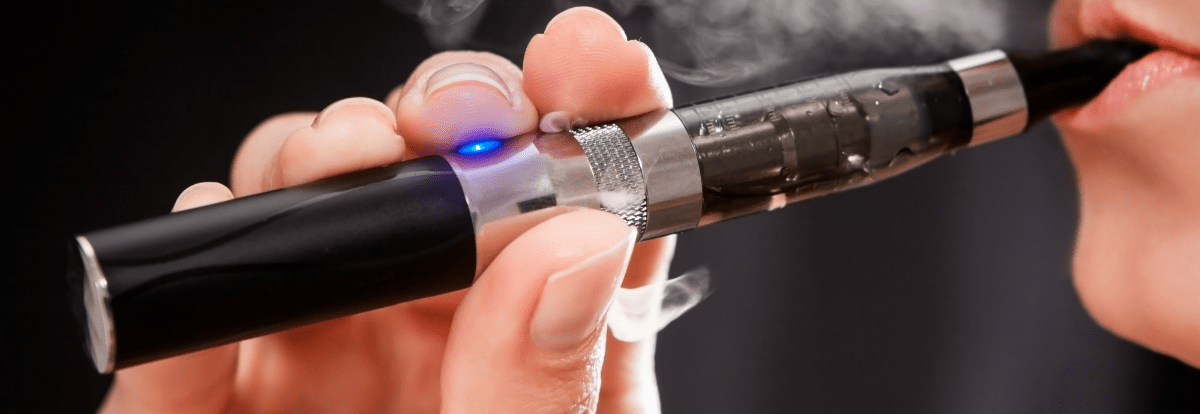
Risks of infection for patients where Zimmer Biomet hip and trauma instruments are used
Zimmer Biomet have been in the news in recent years over knee replacement device problems, which is one of many stories where medical manufacturers have been in the spotlight for medical device compensation claims.
You only need to look at the massive Metal-on-Metal hip implant cases to see just how big these kinds of claims are.
In this latest story, Zimmer Biomet are recalling specific hip and trauma instruments over potential risks of infections to patients.
Continue Reading…

MHRA announce recall of rectal / pharyngeal temperature sensors
Rectal / pharyngeal (orally inserted) temperature sensors manufactured by Teleflex are a part of a recent recall published by the Medicines and Healthcare Regulatory Authority (MHRA).
The issue with the devices may lead to a misdiagnosis where an inaccurate temperature reading is noted by a medical professional.
With body temperatures often being pivotal to medical diagnosis, this recall is a serious one where patients may be at risk of incorrect advice and treatment off the back of inaccurate temperature readings.
Continue Reading…

Warnings over bodybuilding products bought online being unsafe and mislabelled
The internet has opened up the easiest way of accessing practically any kind of market, and many people – particularly young men – are turning to the internet in search of products they can use to help increase their muscle mass and improve their frame.
But, experts are warning consumers to be careful about products they buy online after studies into bodybuilding products found alarming results about the real ingredients contained within them.
The results of the study have indicated that many online bodybuilding products may be unsafe, or at least mislabelled.
Continue Reading…

‘Perfect skin’ beauty products are useless claim experts… But where does this leave consumers?
According to scientific research, beauty supplements that promise better skin may just be a huge waste of money, leading to questions over consumer rights for those who have tried these products and have not benefited from their use.
The industry is worth millions in the UK, and with the exposure of social media giving beauty supplement sellers a platform to market their products to the masses, the market is expected to keep on growing. The costs of these products are often high, but with research now saying that the use of such products may be a waste of money, where does this leave consumers?
Continue Reading…

Jonson & Johnson baby power contained asbestos, expert warns
There are numerous reports of people allegedly developing cancer as a result of using Johnson & Johnson baby power which, according to several legal cases, has at least previously been found to have contained asbestos.
An expert from an asbestos laboratory giving evidence in one compensation claim said that multiple studies had found asbestos contained in J & J talcum powder products. The evidence may prove pivotal for the case in question, as well as for many other cases against Johnson & Johnson, who have been vigorously defending legal actions against them for years.
Continue Reading…

Will the EU bring new legislation in to match US-style class actions?
In the UK, we largely have an “opt-in” class action system, meaning victims who may have a claim for compensation that will form as part of a Group Litigation Order (GLO) action will have to agree to pursue a claim themselves. Conversely, America have “opt-out” systems, meaning people can be included in the class case without having to confirm their participation first, and if they don’t want to be a part of it, they may opt-out.
With the growing number of large group action cases taking place in the UK and around Europe, there are calls from the EU to bring in new rules that could see us matching the American law system.
Continue Reading…

Group Action Lawyers welcome new government department to stop faulty product disasters
We welcome the creation of a new government office whose mission is to prevent future product disasters and potentially save lives as well as headaches for consumers in Britain when mass-recalls occur.
The initiative comes off the back of the monumental Whirlpool tumble dryer disaster that saw some three million products liable to catching fire from excess fluff building up in the drums. It’s estimated that around one million tumble dryers are still out there that remain dangerous. This new government office is designed to prevent future disasters of this nature as well as dealing with the fallout when such incidents occur.
Continue Reading…
Are 3D printed medical devices and implants the way forward?
Medical devices and implants have come on leaps and bounds in recent years, but we often see a lot of compensation claims arising out from them as well. One issue with medical devices and implants is that they can be difficult to customise to different patients, but the issue could potentially be resolved with new 3D printing technology.
It’s early days, but 3D printed medical devices and implants are being used to help patients.
Is this new technology they the way forward to seeing a better world of safer implants and devices that can be made quickly and effectively?
Continue Reading…

Is there a link between E-cigarette design and dangers from e-cig battery explosions?
The E-cigarette revolution continues to spread, but as the products have become more popular and are now attracting plenty of players in the market, we have seen incidents and research that has questioned their effectiveness as well as their safety.
A hot topic right now is the stories about e-cig explosions. We have seen incidents around the world where victims have been left with serious burns after their e-cig batteries exploded, with some left with serious burns and permanent damage to the facial area.
Now, some experts believe there is a direct link between the design of the e-cigarette and the potential for damage from explosions.
Continue Reading…

Consumers warned about buying diet pills online
The internet has opened up a wealth of opportunities for consumers to find new suppliers in all market sectors, but one of the more popular ones is the health and beauty market. The option for shopping for diet products with discretion is often a bonus for consumers, but with the growth of platforms like Amazon and eBay, there are new warnings about purchasing diet pills online.
Some experts have warned against people putting their faith in buying diet pills online, and regulators have already stepped in over the kinds of claims the suppliers and manufacturers are making.
Continue Reading…